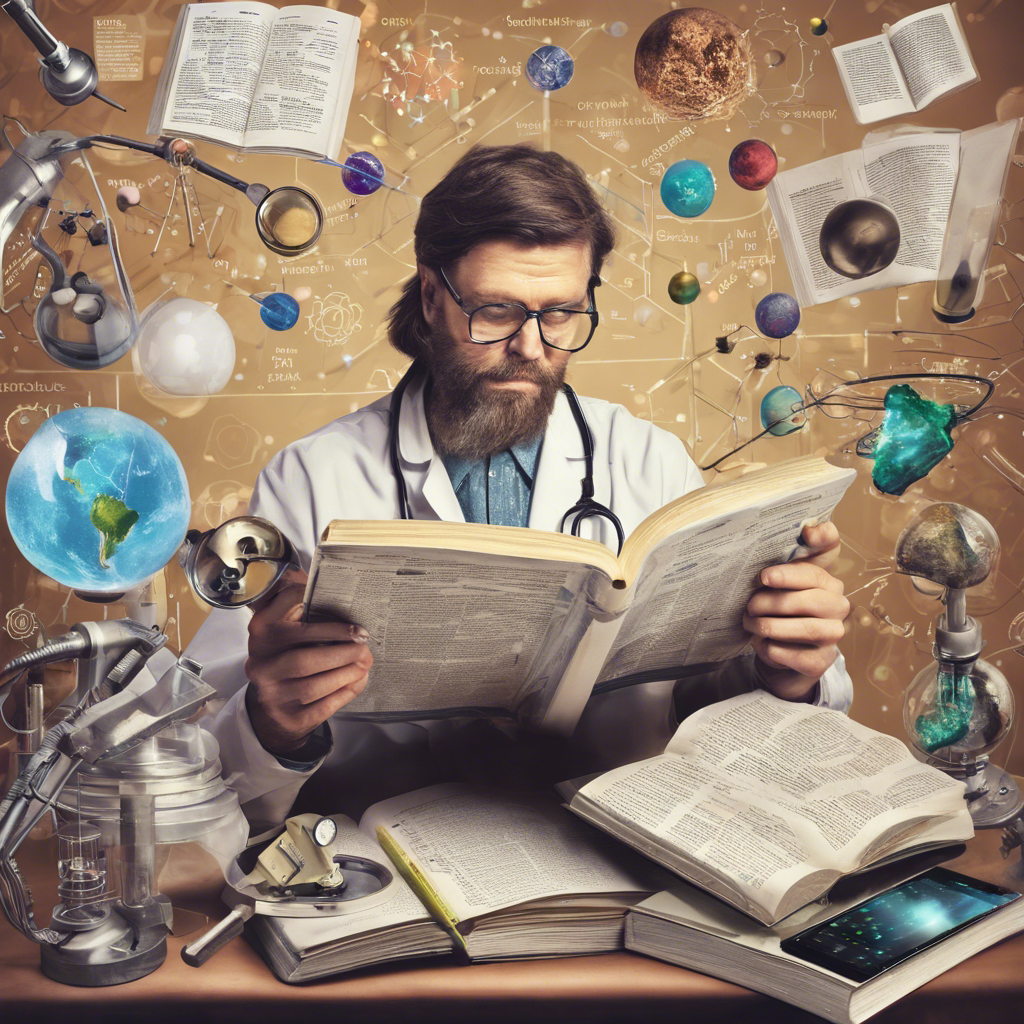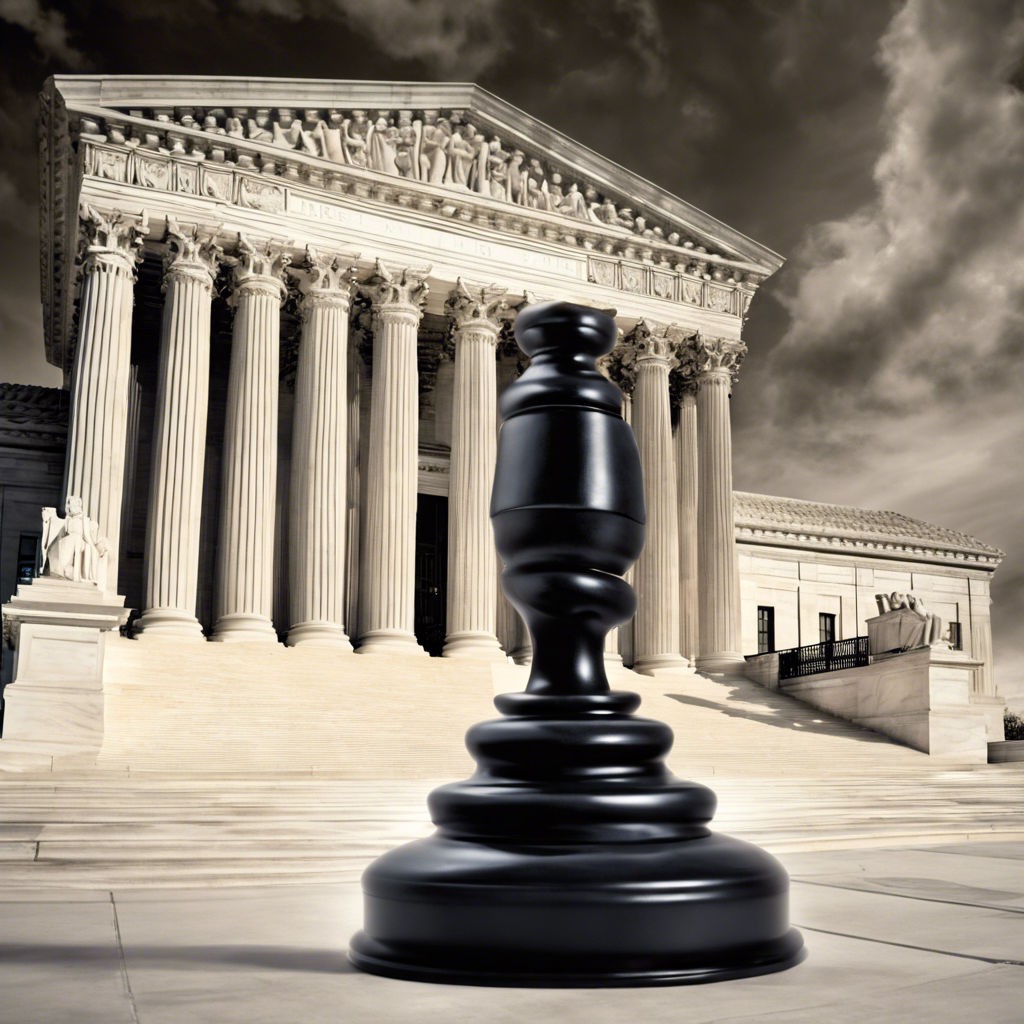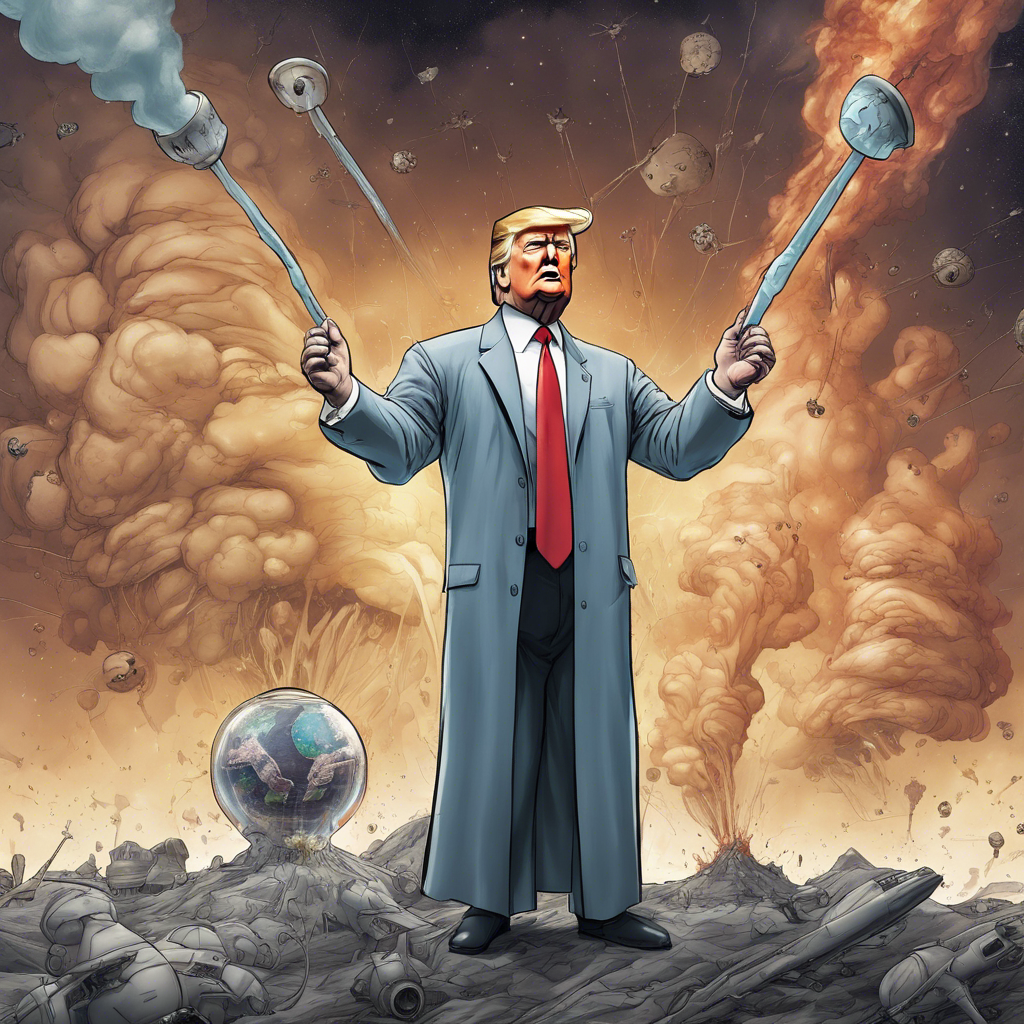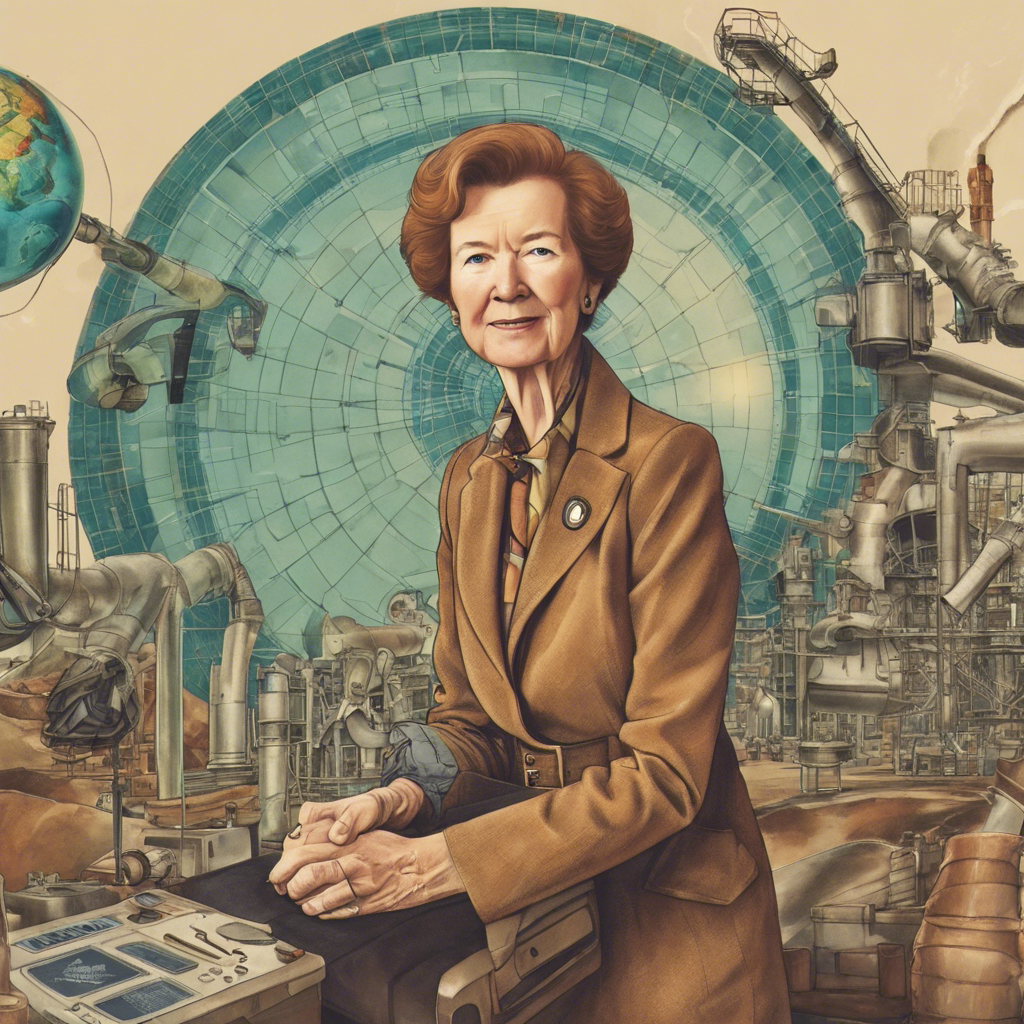John Heilbron: The Historian Who Dispelled Myths and Unveiled the Complexities of Science
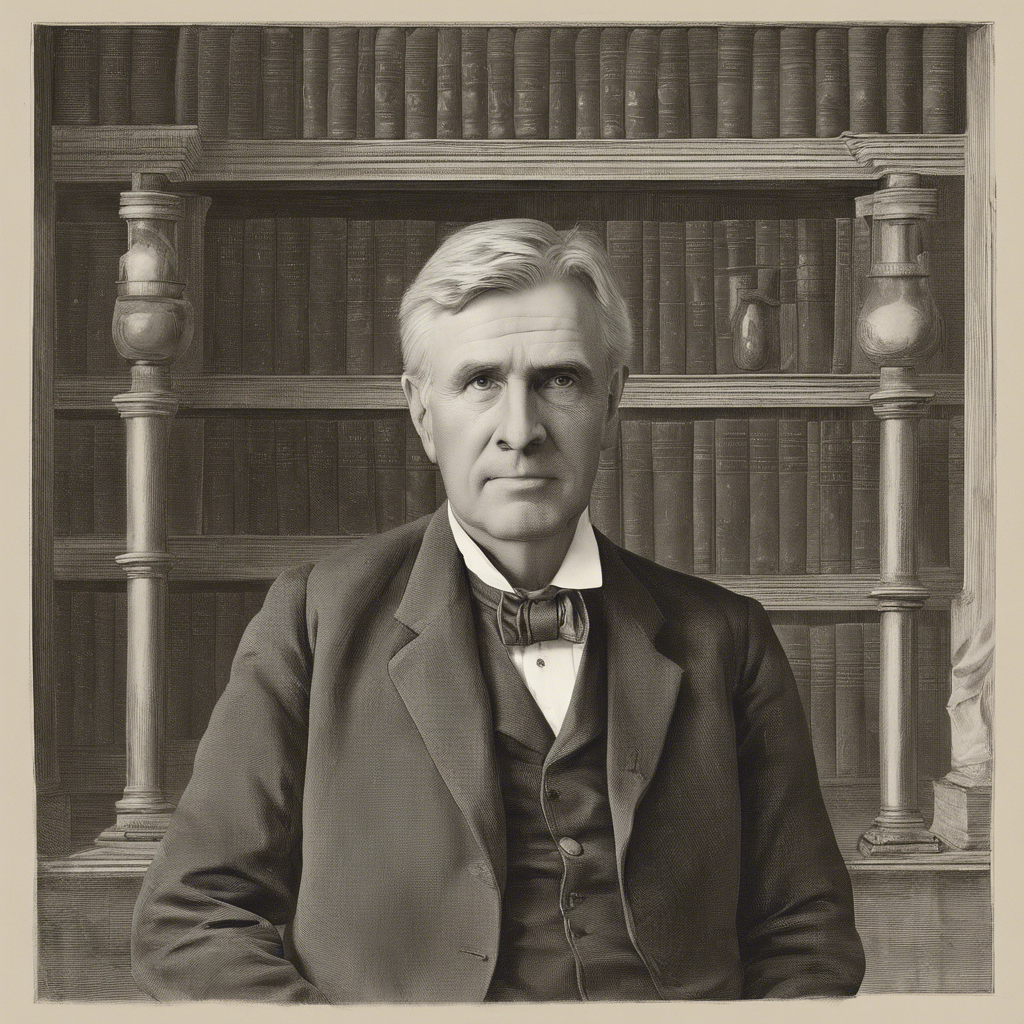
Remembering the Legacy of John Heilbron, the Pioneer of the History of Science
John Heilbron, a renowned historian of science, passed away at the age of 89, leaving behind a significant legacy in the field. He dedicated his life to unraveling the truths behind enduring myths and misconceptions about the relationship between science and religion, as well as the lives of influential scientists. Heilbron’s groundbreaking work shed light on the complex interplay of social, political, and intellectual forces that shaped scientific discoveries. In this article, we pay tribute to his contributions and explore the impact of his research.
Challenging the Science vs. Religion Narrative
In his book “The Sun in the Church: Cathedrals as Solar Observatories,” Heilbron debunked the notion of perpetual warfare between science and religion. He revealed that the Roman Catholic Church, driven by the desire to fix the date of Easter, provided unparalleled support to the science of astronomy for over six centuries. This groundbreaking research shattered the myth that science and religion were always at odds.
A Fresh Perspective on Galileo
Heilbron’s biography, “Galileo,” presented a new perspective on the renowned astronomer. He portrayed Galileo as a man deeply embedded in the cultural context of late Renaissance Italy. Contrary to popular beliefs, Heilbron dispelled the myth of Galileo as an intellectual Platonist obsessed with abstract ideas about the natural world. He also challenged the notion of Galileo as the first experimental scientist. Through meticulous research, Heilbron revealed the complexities of Galileo’s character and the conflicts he faced with friends, patrons, and the church.
The Evolution of Historical Methodology
Heilbron’s work was not only transformative in its subject matter but also in its approach to studying the history of science. He questioned the methodology of his mentor, Thomas Kuhn, who believed in “climbing into other people’s heads” to understand the history of science. Heilbron recognized the limitations of this selective approach and advocated for a comprehensive analysis of the social, political, and intellectual factors that influenced scientific discoveries. He emphasized the importance of recognizing scientists as complete human beings, rather than mere collections of technical papers and letters.
Contributions to Quantum Physics History
Heilbron’s extensive research on Niels Bohr, the Danish physicist, resulted in numerous publications exploring the intricacies of Bohr’s atomic theory. He collaborated with Finn Aaserud on the book “Love, Literature and the Quantum Atom” (2013) and authored “Niels Bohr: A Very Short ” (2019). Heilbron’s work on Bohr’s atomic theory formed the foundation for a fruitful collaboration with another scholar, culminating in the upcoming book “Quantum Drama: From the Bohr-Einstein Debate to the Riddle of Entanglement.”
Academic Contributions and Recognition
Throughout his career, Heilbron held prestigious positions and received numerous accolades. He served as the editor of the journal “Historical Studies in the Physical Sciences” and as the editor-in-chief of the “Oxford Companion to the History of Science” and the “Oxford Guide to the History of Physics.” He was also the president of l’Académie Internationale d’Histoire des Sciences from 2001 to 2005. Heilbron’s dedication to his field was recognized through honorary doctorates and awards.
Conclusion:
John Heilbron’s pioneering work in the history of science challenged prevailing myths and shed light on the intricate relationship between science, religion, and society. His research provided a nuanced understanding of influential scientists like Galileo and Niels Bohr, emphasizing the complex factors that shaped their work. Heilbron’s contributions to the field will continue to inspire future historians and scientists to delve deeper into the rich tapestry of scientific discovery. As we reflect on his legacy, we are reminded of the importance of questioning established narratives and seeking a comprehensive understanding of the past.







